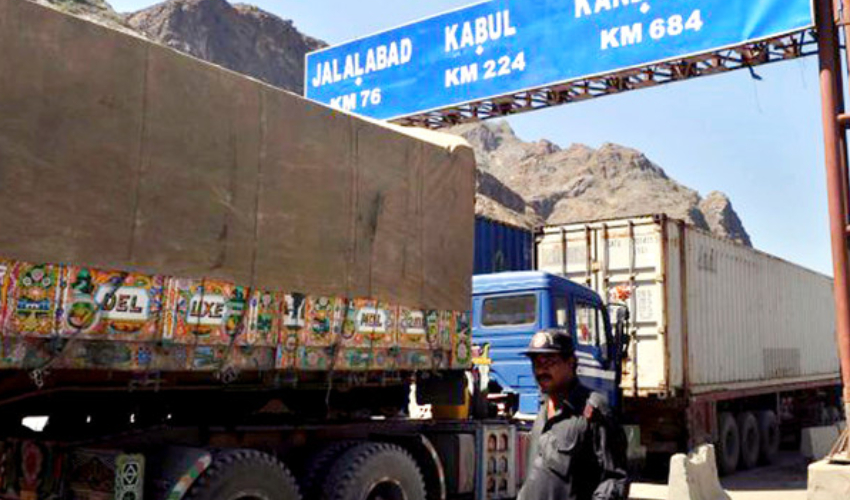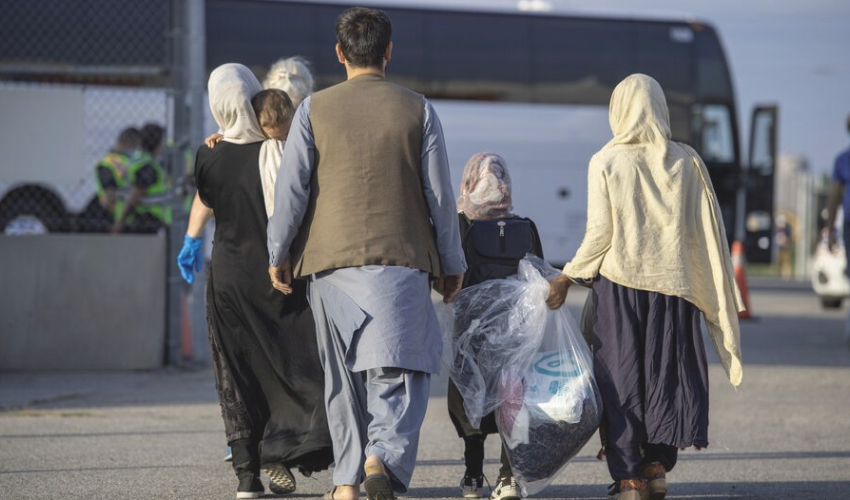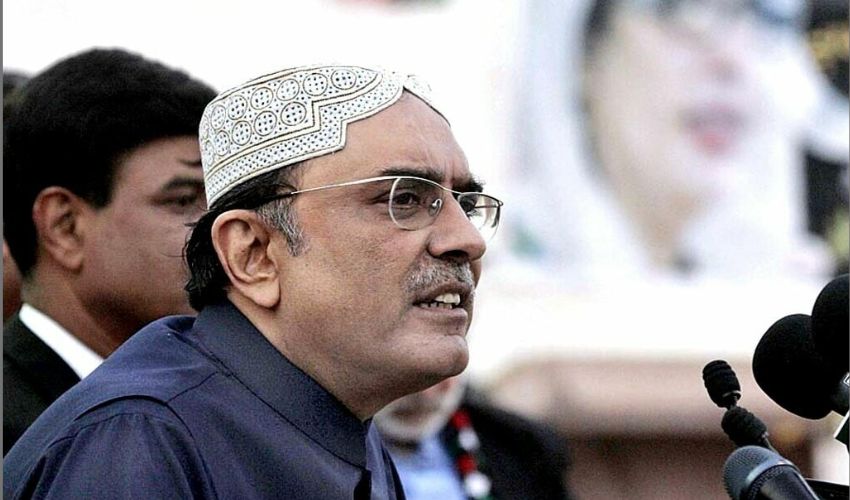Cross-border trade between Pakistan and Afghanistan resumed on Wednesday after officials from both countries reached an agreement to grant a two-week extension for Afghan drivers to comply with new visa requirements.
Commercial traffic had been halted on Tuesday when Pakistan implemented a new rule mandating passports and visas for the crew of commercial vehicles entering the country.
Afghanistan retaliated by blocking the passage of all trucks.
"Yesterday, when Pakistan enforced its new rules, the Afghan side responded by suspending trade in protest," a Pakistani customs official told AFP on Wednesday.
"Last night, officials from the Ministry of Commerce held a meeting with Afghan officials, reaching an agreement to grant another two-week extension for Afghan drivers."
The official added that Pakistan had already deferred implementing the new rule twice.
The media office of the governor of Nangarhar province in Afghanistan confirmed the resumption of cross-border trade.
"Afghan and Pakistani officials held talks... and it was assured that this problem will be solved permanently," it stated in a social media post.
Long-standing tensions between Kabul and Islamabad have deteriorated since October, when Pakistan announced plans to deport hundreds of thousands of Afghan migrants it deemed to be illegally residing in the country.
To date, approximately 340,000 Afghans have been deported or have voluntarily returned.
Pakistan has declared that only Afghans with passports and visas will be permitted to enter the country, ending a long-standing practice of allowing individuals to cross with only their national identity cards.
Landlocked Afghanistan relies heavily on its neighbour for imports, encompassing both locally produced goods and foreign items procured through Pakistan's Karachi port.
However, Pakistan, grappling with a severe economic crisis, asserts that it loses hundreds of millions of dollars annually by allowing Afghan-bound goods to enter the country duty-free.
Some items never reach their intended destination across the border, while others are smuggled back into Pakistan and sold illegally.
Islamabad maintains that the mass deportation of illegal migrants is essential to safeguard its "welfare and security" in response to a sharp rise in attacks that the government attributes to militants operating from Afghanistan.
Afghanistan's Taliban administration vehemently denies allowing foreign militants to operate from its territory and asserts that Pakistan's security concerns are an internal matter.



























